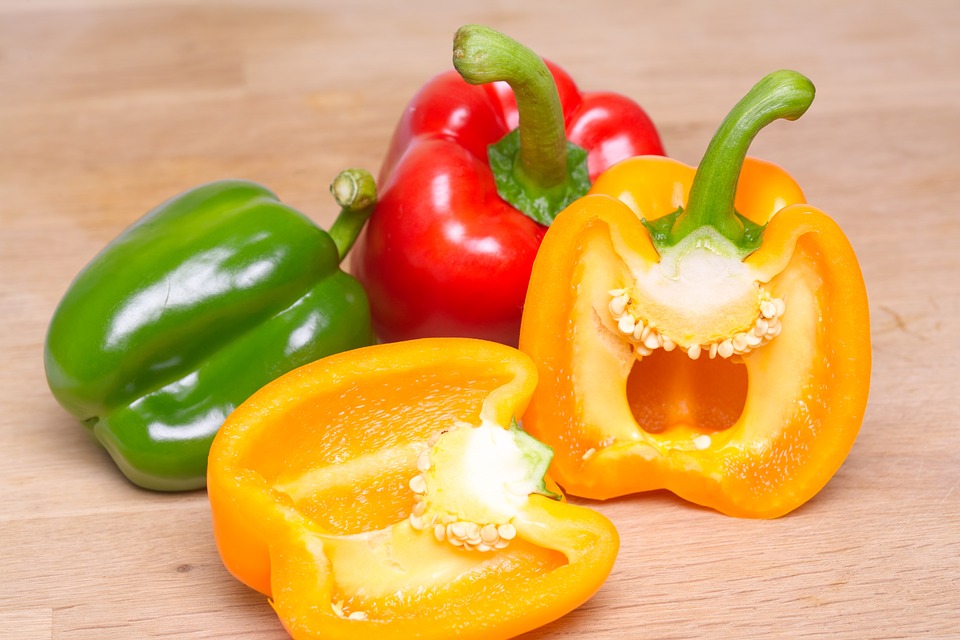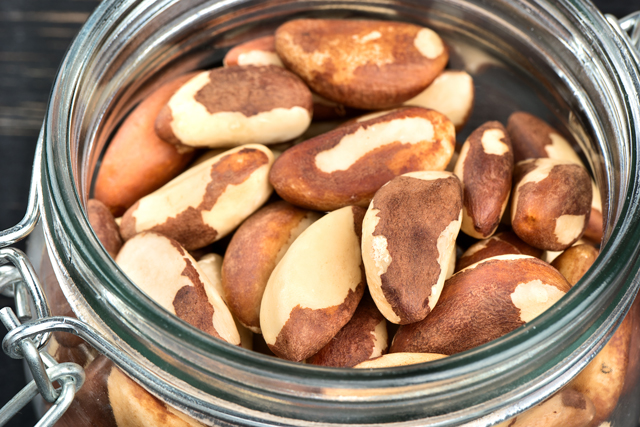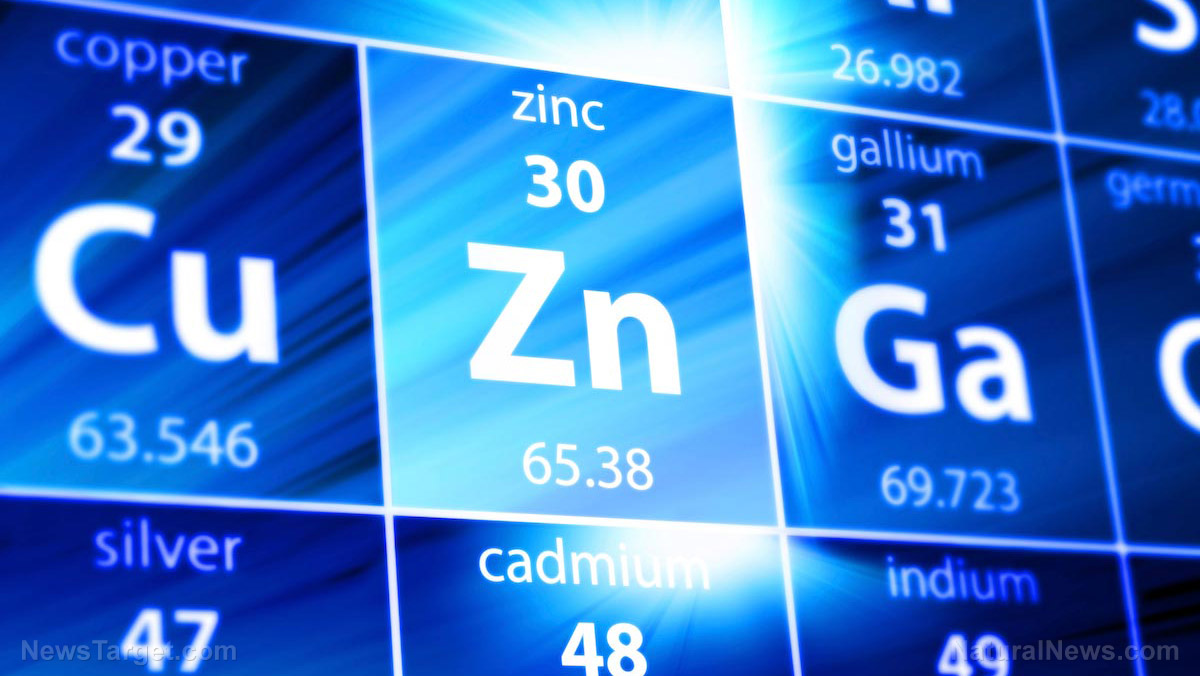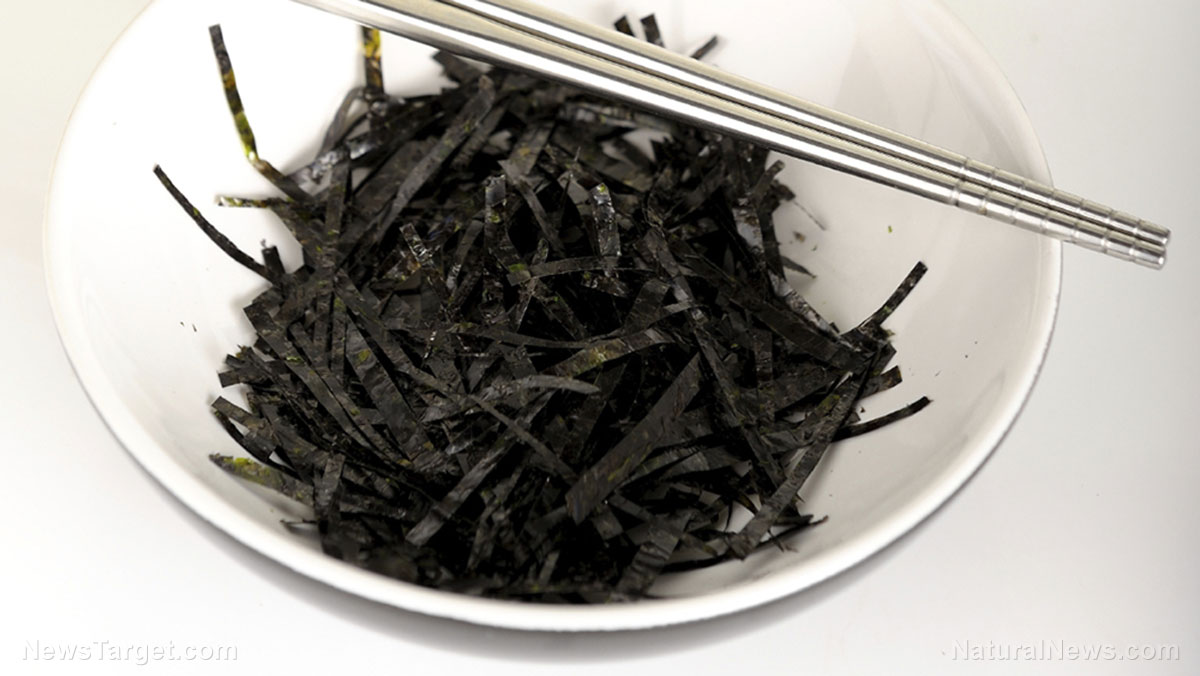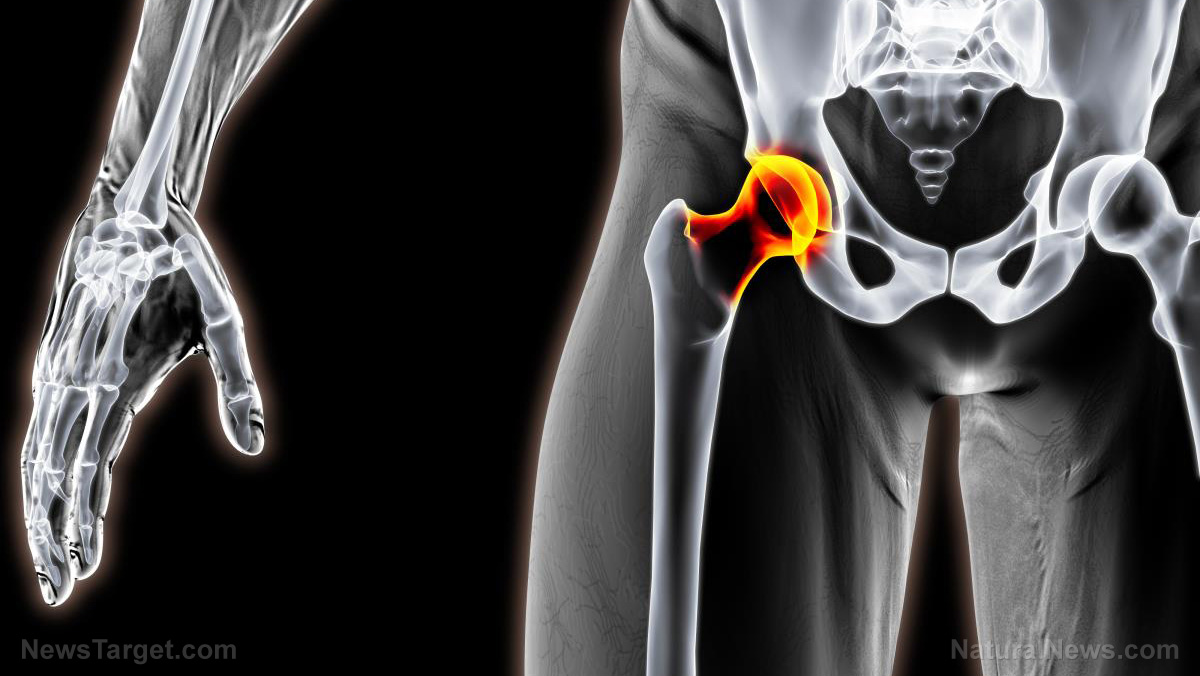Quercetin: A natural painkiller for people with IBS
04/23/2020 / By Evangelyn Rodriguez

Irritable bowel syndrome (IBS) is a chronic disorder that affects the large intestine. It can be caused by a severe infection, inflammation or abnormal muscle contractions. Among the many symptoms of IBS, abdominal pain, coupled with either diarrhea or constipation, is the most common.
People with IBS often report low health-related quality of life. Pain is the most disruptive symptom identified by people with IBS, followed by diarrhea for those with diarrhea-predominant IBS.
In one study, researchers found that abdominal pain had the strongest impact on the quality of life of women with IBS, occurring at least minimally 62 percent of the time, based on daily diaries. This suggests that pain relief is key to improving the well-being of people with IBS, besides effective long-term management strategies.
In a recent study, researchers from China and Hong Kong studied the effects of quercetin, a compound found in many plant-based foods, on abdominal pain and 5-hydroxytryptamine (5-HT) availability in a post-inflammatory irritable bowel syndrome (PI-IBS) rat model. 5-HT is the scientific name for serotonin, the brain chemical that regulates happiness, anxiety and mood. The researchers reported their findings in an article published in the Journal of Medicinal Food.
Quercetin can help with IBS-related pain
According to the researchers, intestinal enterochromaffin (EC) cell hyperplasia (enlargement due to increased proliferation) and 5-HT availability play key roles in the development of abdominal hypersensitivity linked to IBS. EC cells are the most common type of neuroendocrine cells in the gastroinstestinal tract. These cells help modulate nerve signals by producing 5-HT, which, in turn, regulates gut motility. Studies show that altered 5-HT signaling leads to the development of IBS symptoms.
To determine the influence of quercetin on 5-HT availability and EC cell hyperplasia, the researchers administered 5, 10 and 20?mg/kg quercetin by gavage to PI-IBS rats for 14 days. Compared with that of normal rats, the abdominal pain threshold of PI-IBS rats pre-treatment was significantly lower while their abdominal motor response to colon distension was significantly higher.
The researchers also noted that the EC cell count, as well as 5-HT and tryptophan hydroxylase (TPH) levels of PI-IBS rats were significantly elevated, while their 5-HT reuptake transporter (serotonin transporter) levels were reduced. TPH is an enzyme involved in the production of serotonin. In addition, the genes responsible for enteroendocrine cell differentiation (Ngn3 and pdx1) were also significantly increased.
The researchers reported that quercetin treatment significantly elevated the pain threshold of PI-IBS rats and decreased their abdominal motor response. Quercetin also reduced the volume of EC cell density, 5-HT levels and the expression of TPH. Additionally, quercetin significantly reduced the expression of Ngn3 and pdx1 in the colon.
Based on these findings, the researchers concluded that quercetin has analgesic effects that can help with PI-IBS management. They associated these effects with quercetin’s ability to reduce 5-HT availability in the colon and regulate endocrine progenitors to reduce the number of EC cells.
Quercetin, a plant pigment with beneficial properties
Quercetin is a flavonoid that can be found in a variety of edible plants, such as citrus, leafy vegetables, berries, herbs, legumes, green tea and cocoa. It is also a component of widely used herbal remedies, such as ginkgo biloba and St. John’s wort, and contributes to their therapeutic properties.
Because quercetin is one of the most extensively studied plant compounds, scientists know a lot about its biological activities. Research shows that quercetin can act as an antioxidant, anti-inflammatory and anti-cancer agent. It can also stop the release of histamine, kill certain viruses and bacteria and reduce the risks of cardiovascular disease and neurodegenerative diseases, such as Alzheimer’s and Parkinson’s.
Due to its many health benefits, quercetin is now marketed as a health supplement. The U.S. Food and Drugs Administration (FDA) considers quercetin generally safe, but cautions that it may interact with certain medications. The safest dose of quercetin is 500 mg per day; taking high doses (1,000 mg) regularly and long-term may cause side effects, such as headaches, nausea and tingling sensations.
Interested about quercetin and its other health benefits? Visit Antioxidants.news to learn more.
Sources include:
Tagged Under: alternative medicine, digestion, digestive health, IBS, irritable bowel syndrome, natural cures, natural health, natural medicine, natural painkiller, nutrients, pain relief, phytonutrients, quercetin, remedies, research
RECENT NEWS & ARTICLES
COPYRIGHT © 2017 NUTRIENTS NEWS












